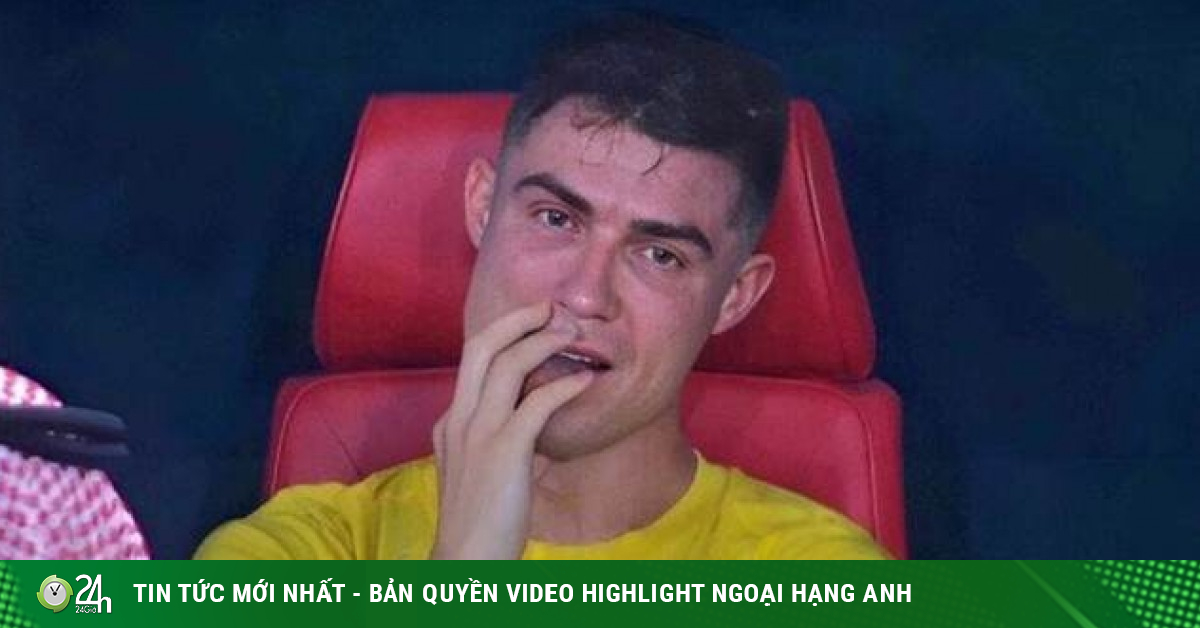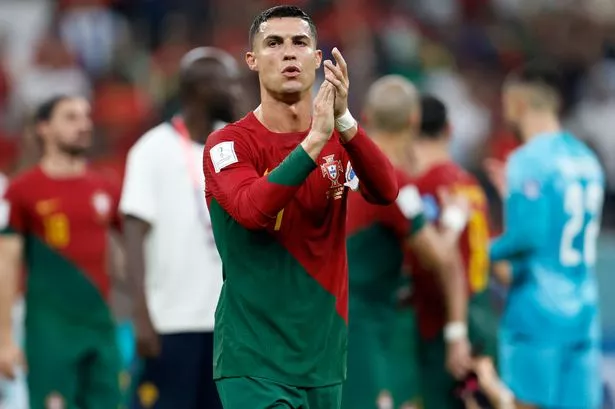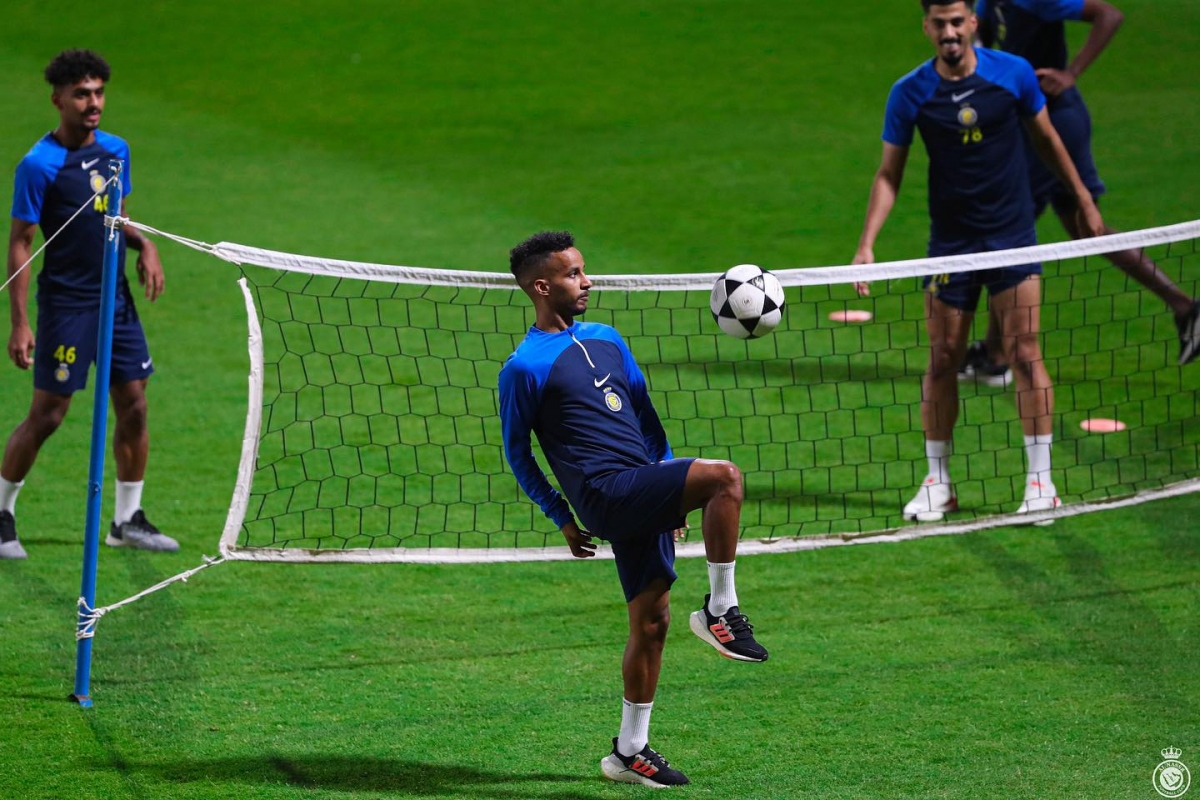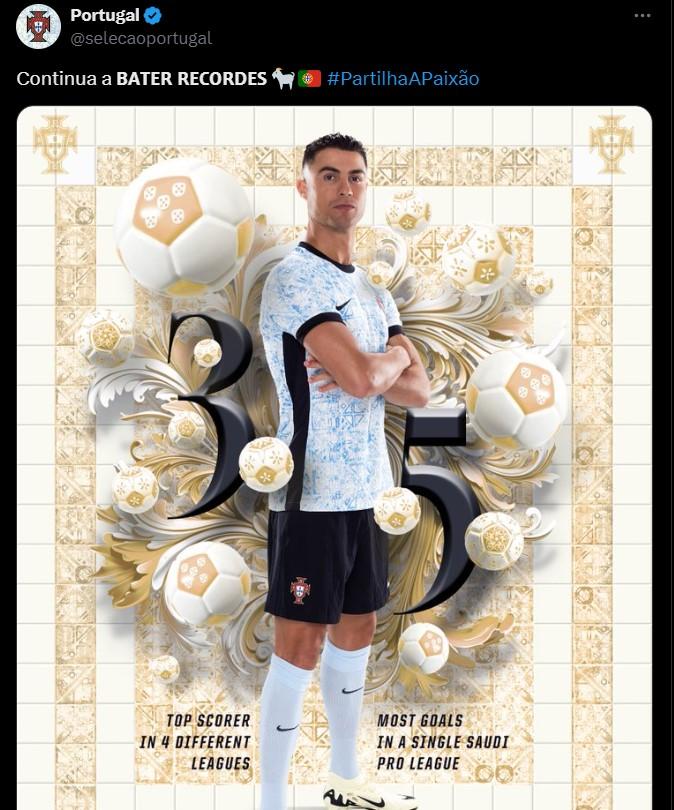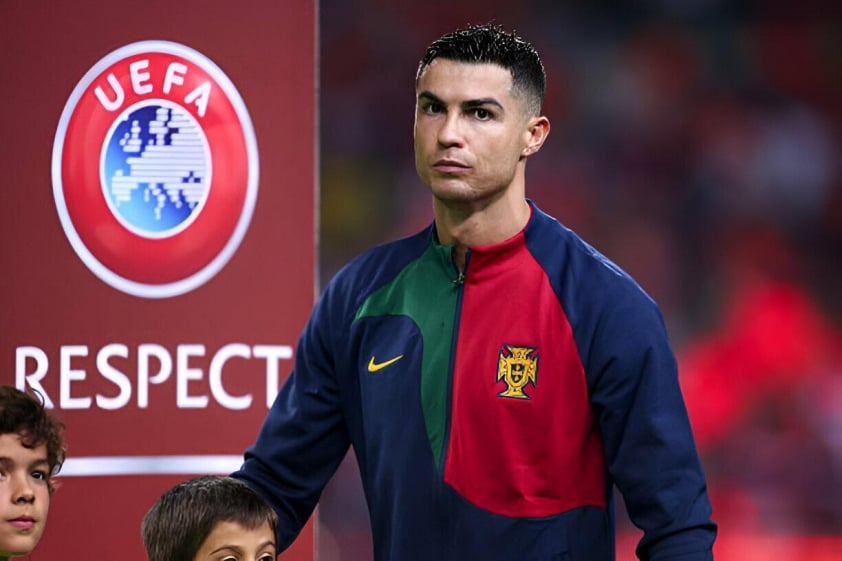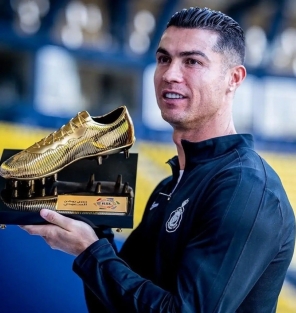Vinicius Junior played football incessantly as a kid. He still does. At the beginning of our interview, before sitting in his chair to talk, he is playing keepie-uppie and laughing. A few years ago his home pitch was on the streets of Rio de Janeiro. Now, at the age of 20, it is the Santiago Bernabéu.
“I have a lot of fond memories with my friends in Rio de Janeiro,” he says. “Every day a part of my time was spent playing football and then flying kites. My father used to drag me away from the field. Man, I even played inside my house, especially on rainy days. There was always something I broke: lights, furniture. When I was four, I fell while playing and had to have three stitches in the back of my head.”
Although the Paixão de Oliveira family were based in Rio, Vinicius’s father would travel 400km to São Paulo to find work and sustain his family. As Vinicius’s skills evolved, he knew his opportunity to help his family would come with a ball at his feet. “Since I started to play football, I have been very focused,” he says. “Even when I only won a soft drink after the street game, I was focused. Now that I sustain my family with this, I have to invest even more in it. I always imagined that football would sustain my family. I don’t know what I would do if I was not a footballer.”
Vinicius joined Flamengo as a 10-year-old. A skilful and speedy winger who wore the No 8 on his back, he would go on mazy dribbles every time he could. He quickly became known as one of the most promising youngsters in Rio and his international fame arrived in 2017, when he shone for the Flamengo U20s in the Copa São Paulo de Futebol Júnior – a tournament that had previously launched the careers of Neymar, Gabriel Jesus and Kaká. Vinicius was three years younger than many of the other players. Real Madrid were suitably impressed and agreed to pay Flamengo £39.6m for his signature in May 2017. He was 16 years old and had only played 17 minutes of senior football.

Real Madrid let Vinicius stay with Flamengo for another year to develop. On the pitch, he received a lot of attention from defenders. Off the pitch, he faced a bigger problem. Brazilian fans were ruthless with him. A black kid from the favela turned out to be something to root against. “It was not just against me. Some Brazilian fans have problems with the success of [people] in other areas of life. They even dislike Neymar, for instance. I was very happy when I saw that many Brazilians wanted him and PSG to win the Champions League. I don’t like to think of these bad moments in my career, but I surely hope that I can make every Brazilian cheer for me one day.”
There was a racial element to the abuse he received. Rival fans replied to his social media posts with racist insults and, in 2018, he was sent off against Botafogo and a woman in the stands showered him with racist abuse as he walked towards the tunnel. He was often called “Neguebinha” by rival supporters, a reference to Negueba, a black player who showed huge promise in his early career at Flamengo but has never managed to fulfil that potential.
Now, Vinicius is very much part of the Black Lives Matter movement, regularly supporting the campaign on social media. He speaks of his admiration for other athletes who have taken a stand. “There is more interest in supporting our cause, with important guys such as LeBron James and Lewis Hamilton, my idols, leading it. That moment when the NBA players refused to go on to the court was very strong. It makes people see how much we care. It makes me happy and sad at the same time, because we are in 2020 and we still have to fight against racism and other stuff that is used to divide us.”
Vinicius, now 20, is growing as a man and a footballer. He scored against Barcelona in the clásico at the Bernabéu at the start of March in front of 78,237 people and then spent two months in lockdown, seeing no one and not even setting foot outside his house. Once football resumed in Spain, Real Madrid romped to the title but they were knocked out of the Champions League by Manchester City in the last-16 after a tame display at the Etihad.
Zinedine Zidane left Vinicius on the bench in Manchester, a decision that frustrated fans in Spain and Brazil, but one that did not trouble him a great deal. “Of course I wanted to go on and help Real Madrid, but I play at the greatest club in the world, where there are a lot of talented players,” says Vinicius. “Our coach has a lot of options to bring on in a match. It is part of the game. It takes a while, but we can and must understand every choice.”

Despite the competition for places, moving to Madrid was an easy choice. He had the option to sign for Barcelona but, after speaking to Marcelo and Casemiro, his mind was made up. Being able to train with another two promising Brazilian youngsters, Rodrygo and Reinier, has also helped him settle.
Vinicius is surrounded by experienced players who are both guiding him and pushing him in competitive training sessions. “I have a lot of support here,” he says. “We can see that they are worried about us younger players, because we are the present and future of Real Madrid. At the age of 20, only Casillas and Raúl have played more games than me and they are legends here. They won a lot of titles and I hope that I can do that as well. Sergio Ramos and Casemiro are my greatest examples here. I see them training and I want to do that too. All of my colleagues are very focused, but their work ethic pushes me harder and harder.”
Vinicius has a Spanish league title to his name and is developing at one of the biggest clubs in the world, but there is something missing. He wants to add to his one Brazil cap and become an integral part of the national team. “I hope to play for Seleção again,” he says “A lot of my idols are there. Neymar is my inspiration, so it would be nice to wear the Brazilian colours with him. I have been working to be called up and I hope to bring happiness to our people. I want to play at the next World Cup, which I hope we win. But there are a lot of good players that can be selected, so I am focusing on getting my numbers up, on having more experience on the pitch and, of course, I have to be prepared to deliver the best month of my life if it happens.”
